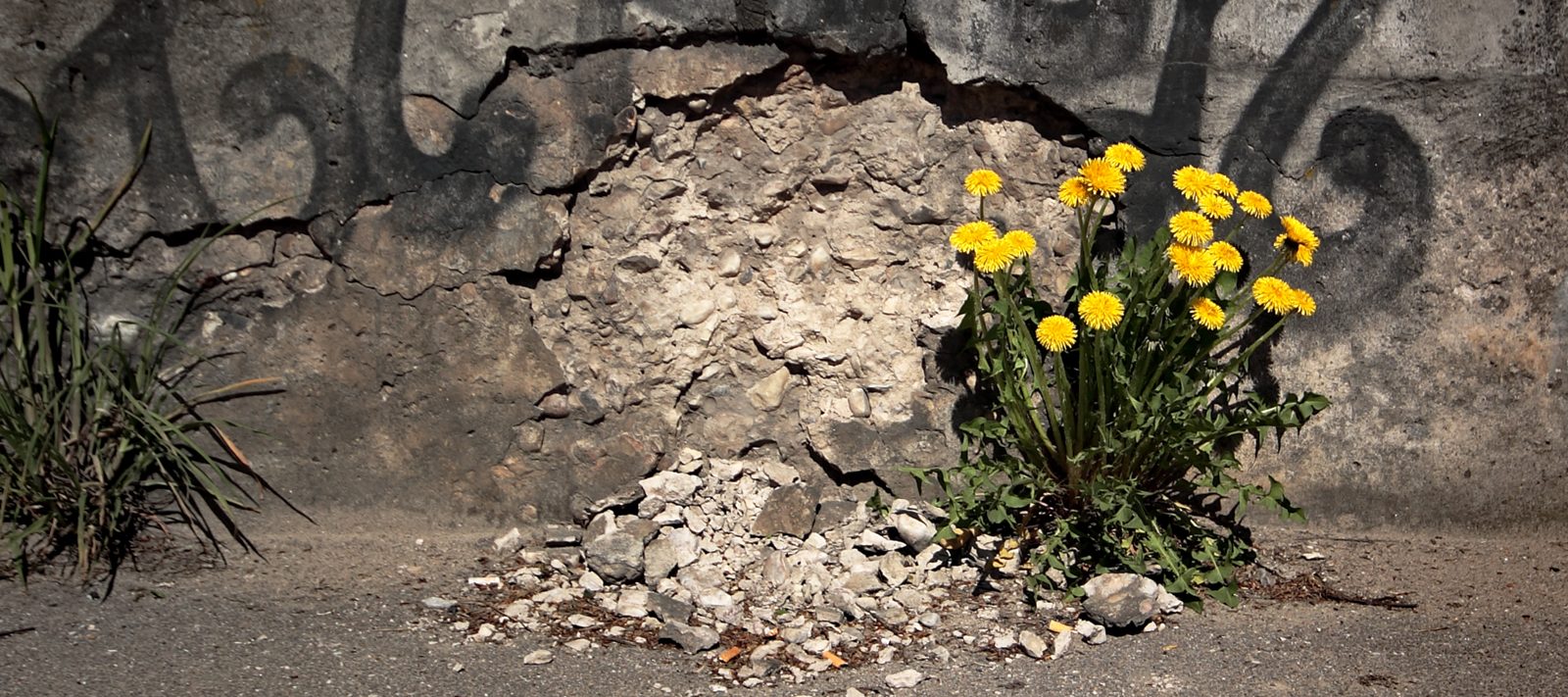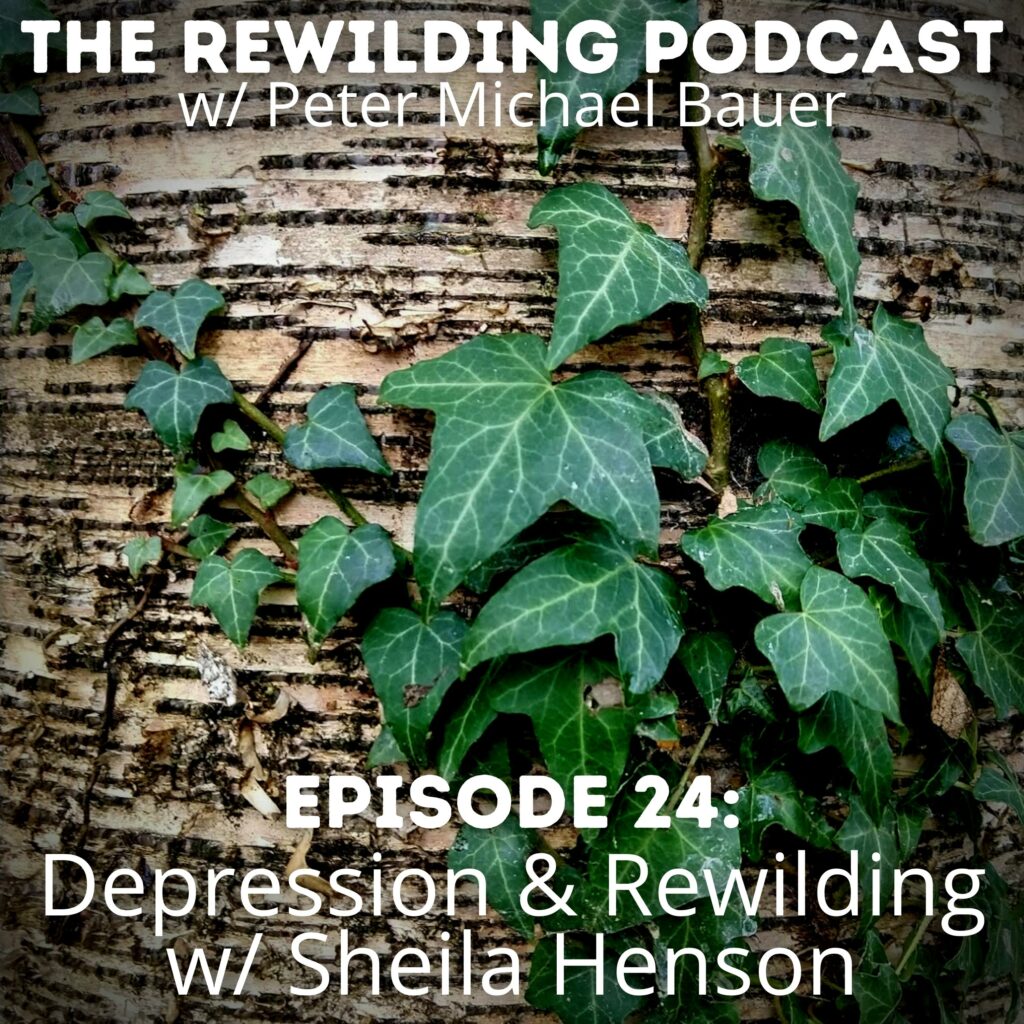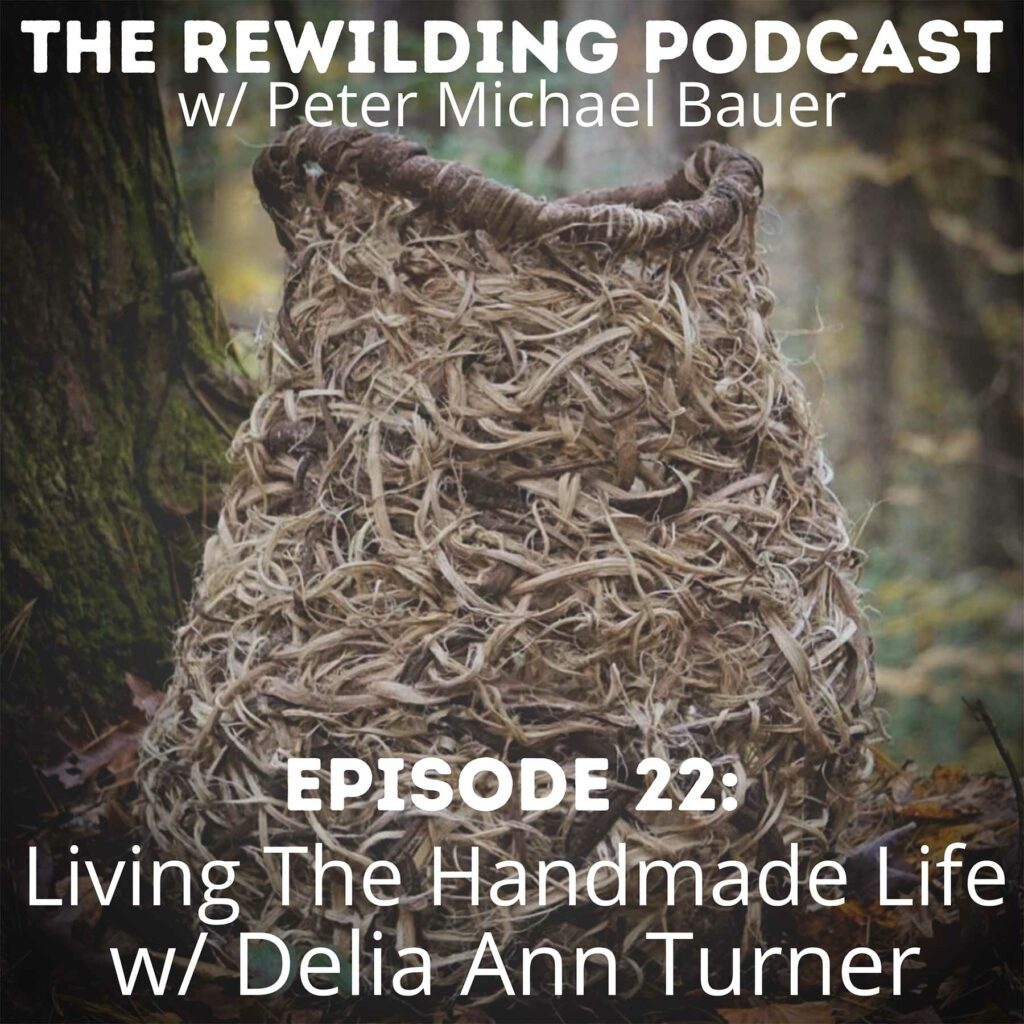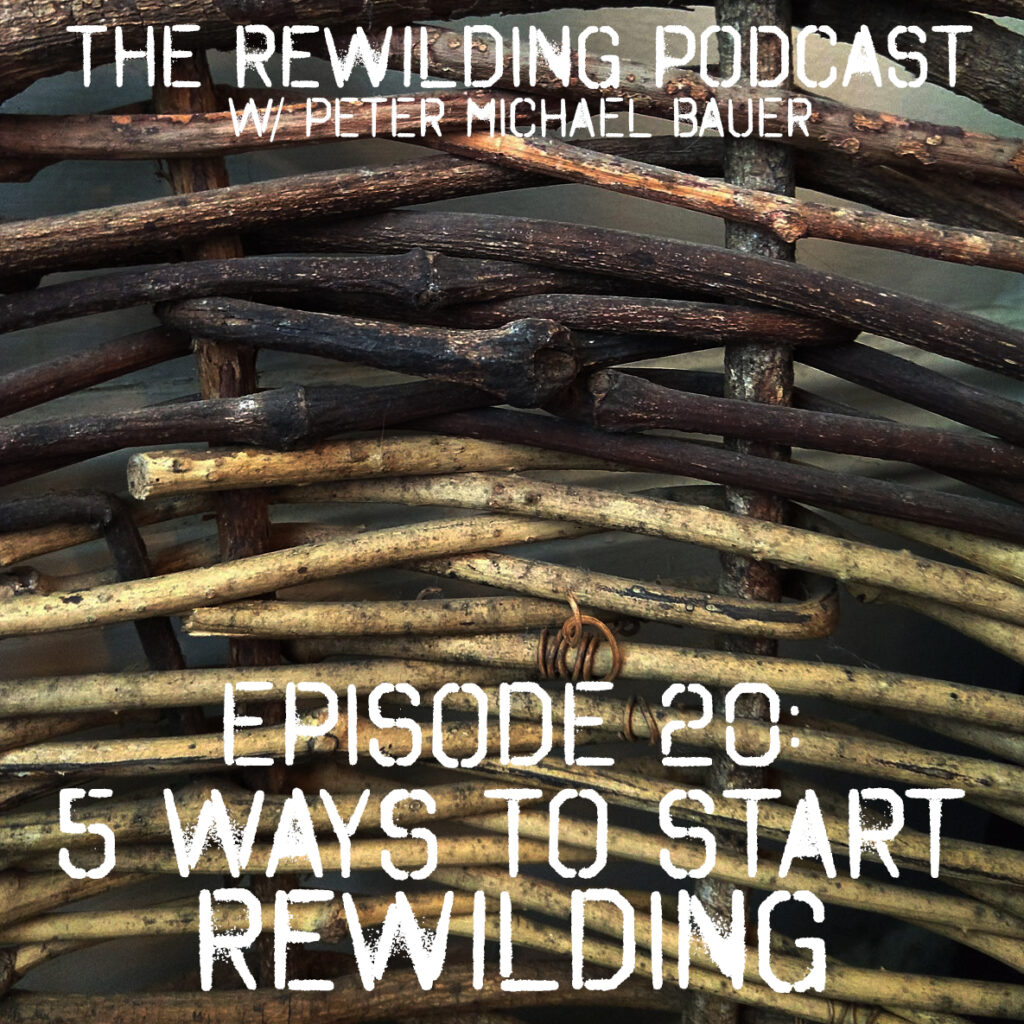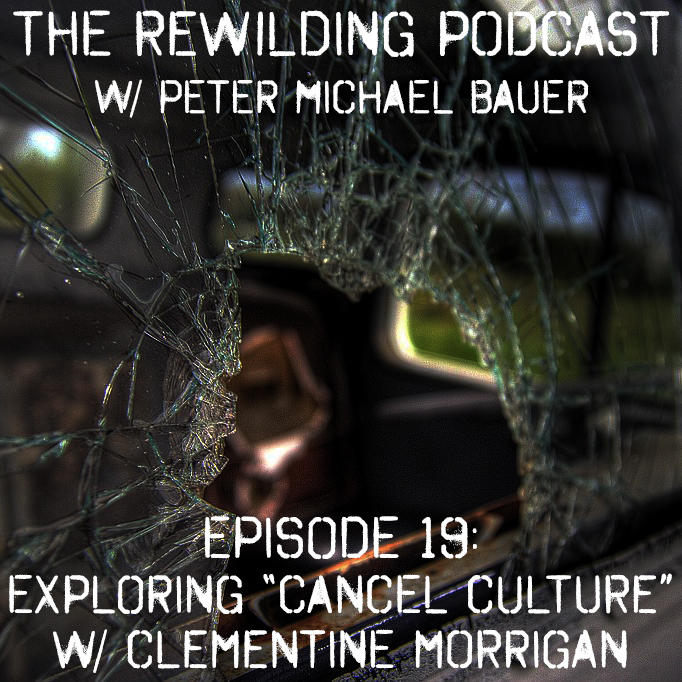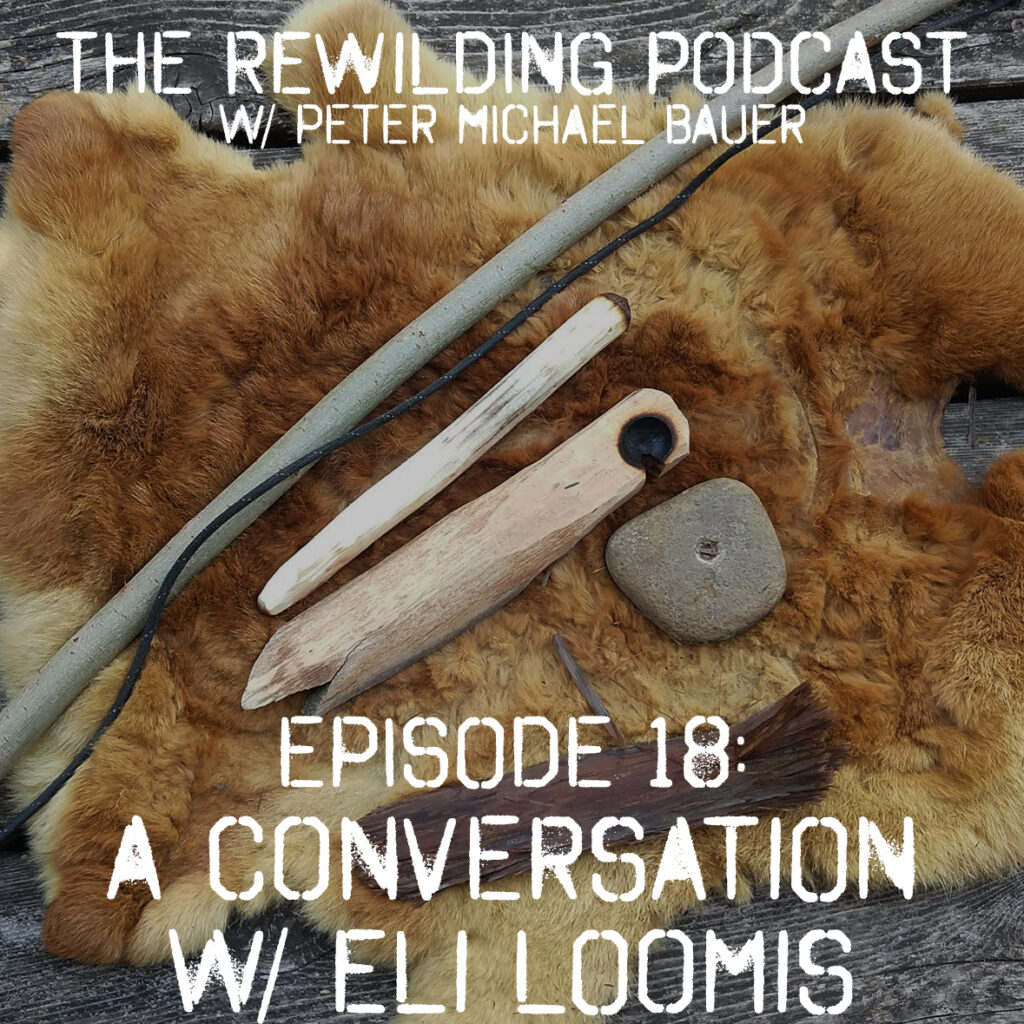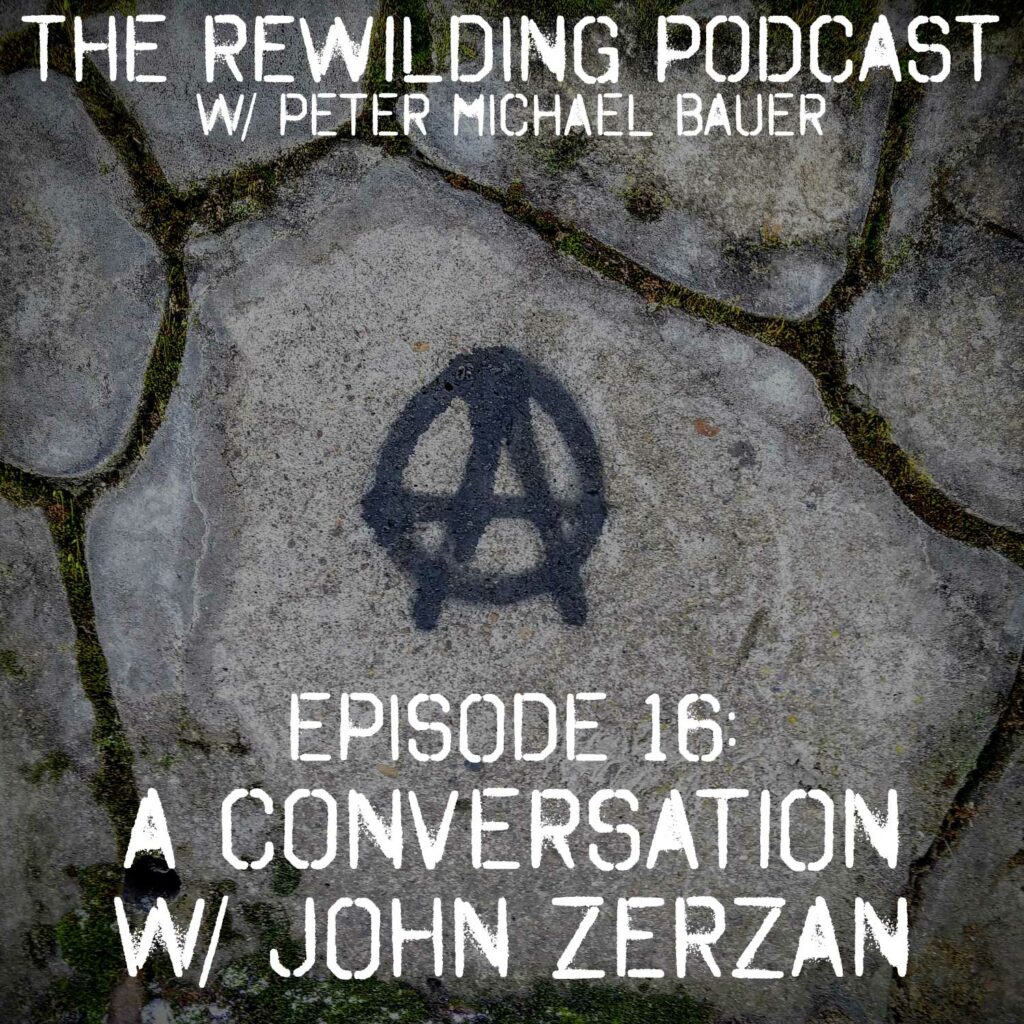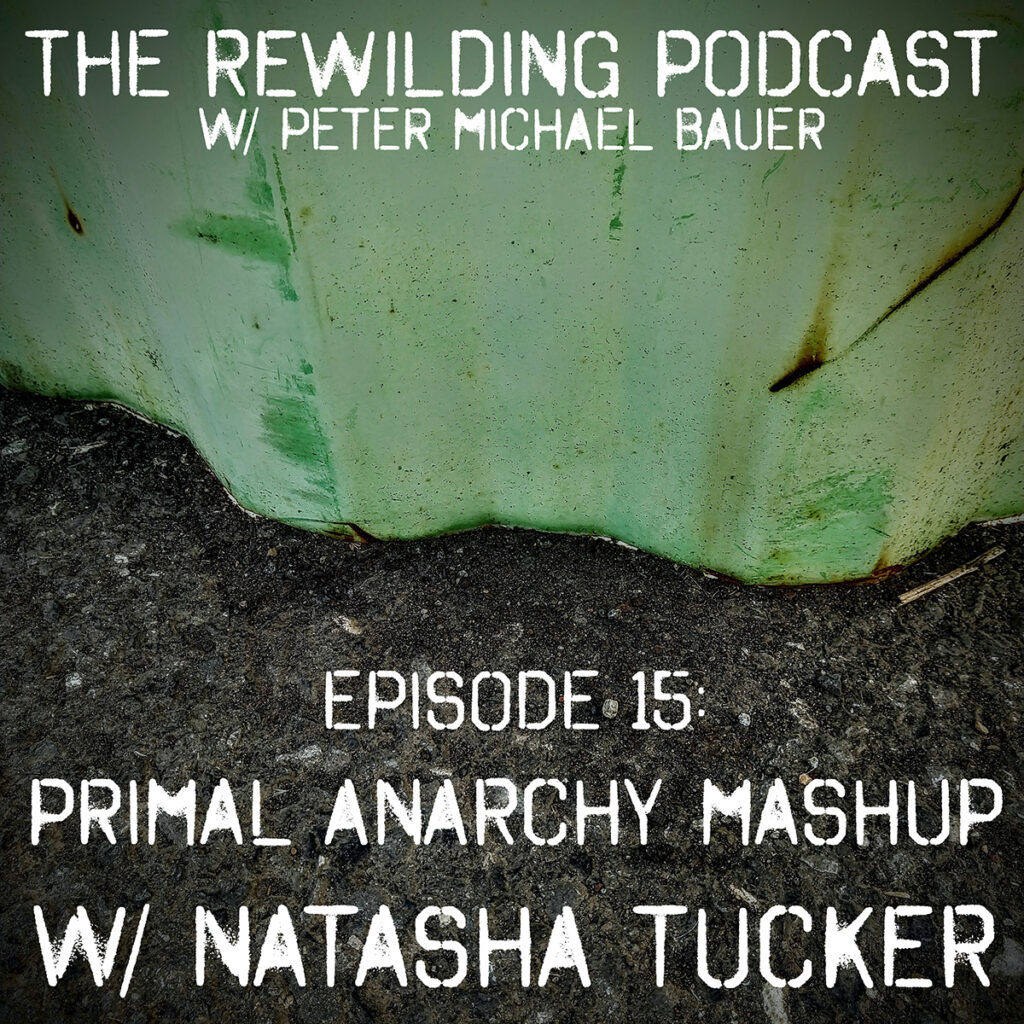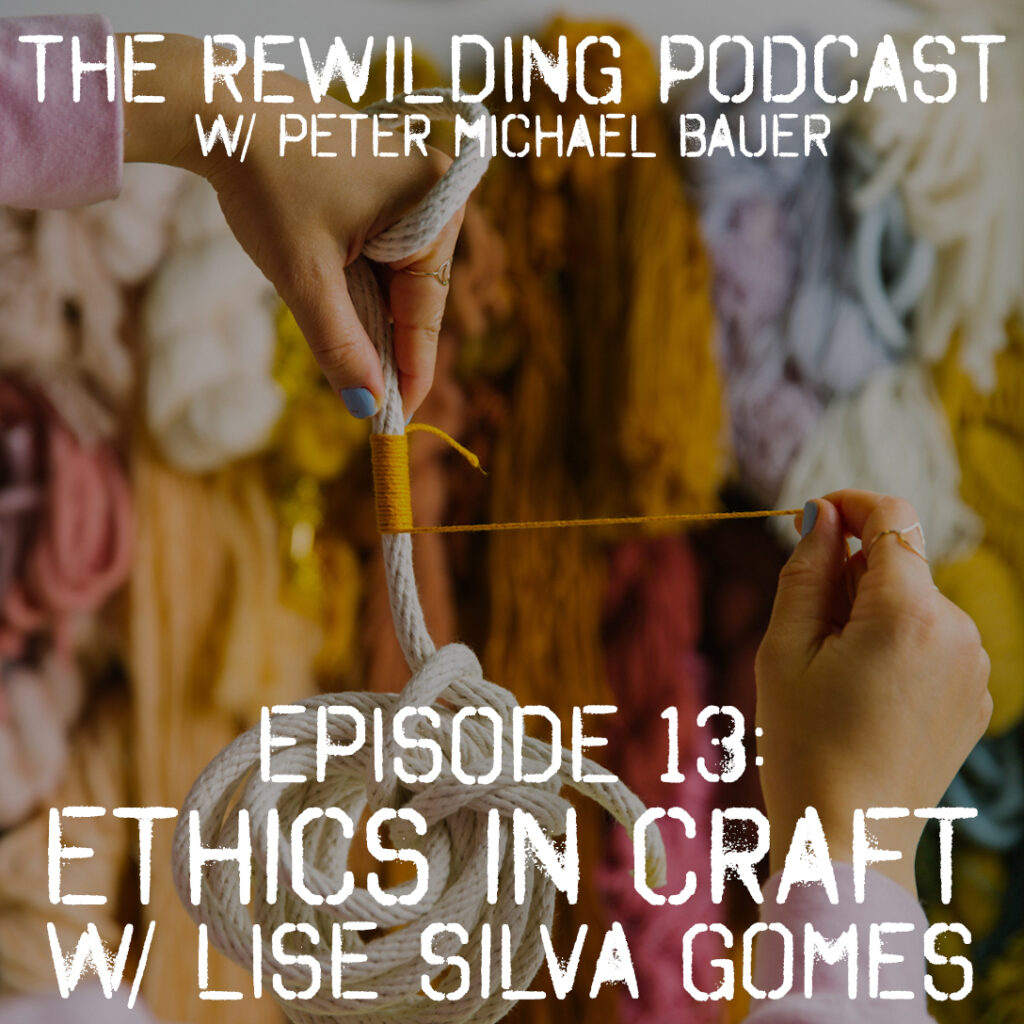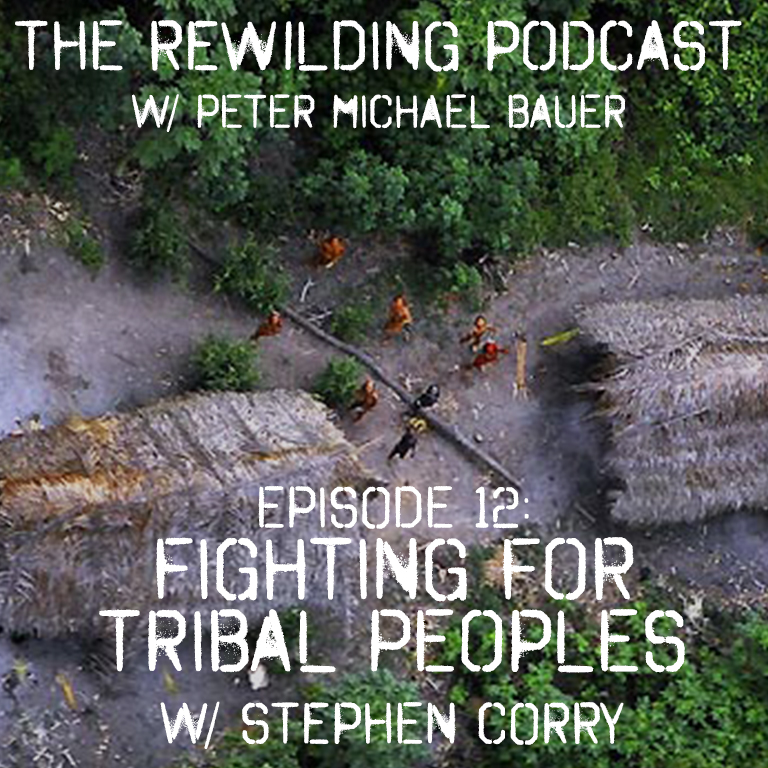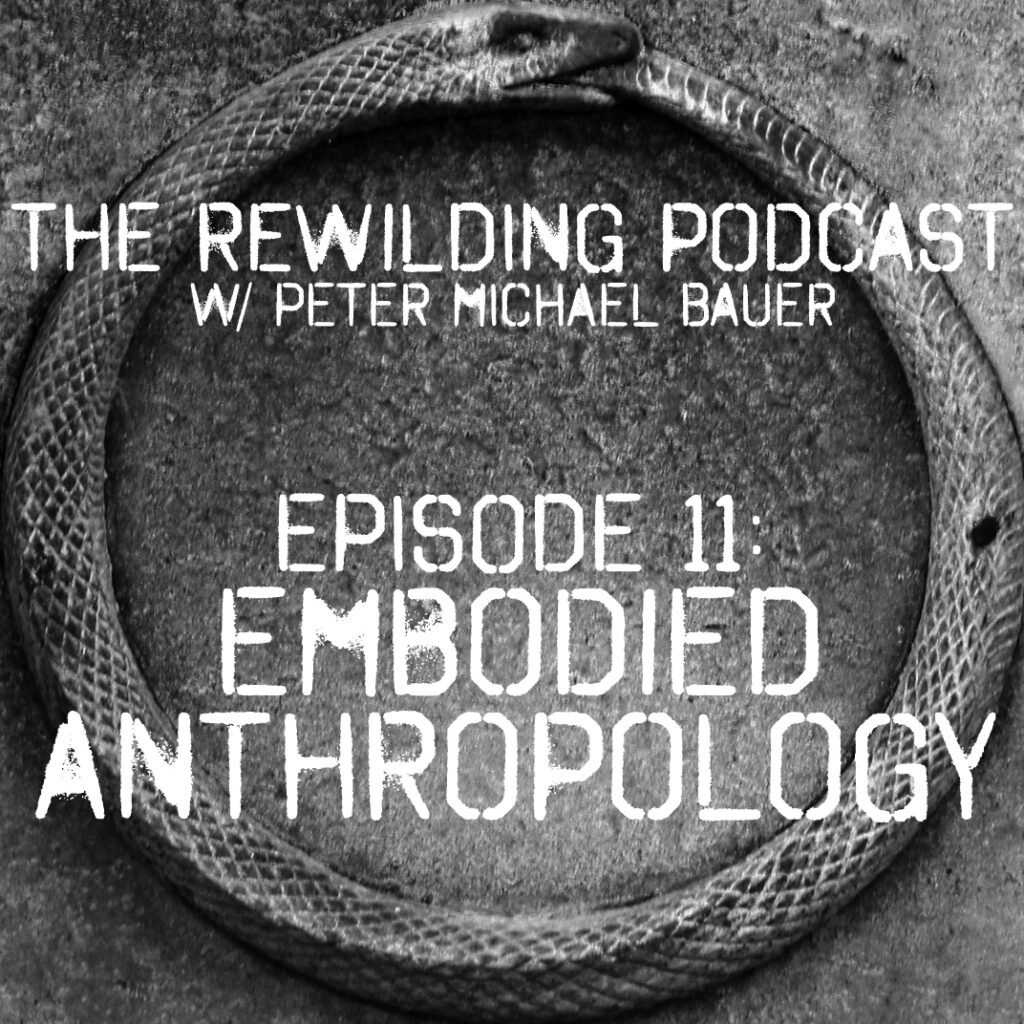I’ve lived with depression for most of my life. I’ve learned to manage my symptoms in order to function and live a more fulfilling life. I’ve dedicated this episode to working through some of the areas of overlap between depression and rewilding. This is a very personal topic that lives close to my heart. I was originally planning on doing this one solo, but I realized that it would be more impactful if it were in conversation with someone who shares similar but different experiences with depression.
My guest on this episode is Sheila Henson. Sheila received her BA in History and an MA in Education, spent twelve years as a behavioral respite worker for children with special needs, working for many of those years at the Serendipity Center in Portland. Today she is an ADHD Coach, and is a well known and respected educator on tiktok. The drive to understand how to be kind, collaborative, and restorative within our social and ecological communities led her to Rewild Portland, where she now serves on the board of directors, heading up our transformative justice committee. Sheila and I also co-teach a Rewilding Your Health class through Rewild Portland.
Notes:
List of National Suicide Hotlines
https://support.google.com/websearch/answer/11181469
Sheila’s Website
https://www.sheilahenson.com/
Sheila’s Tiktok
https://www.tiktok.com/@adhdcoachsheila
Sleep & Depression
https://www.sleepfoundation.org/mental-health/depression-and-sleep
Exercise & Depression
The Challenges of Treating Depression with Exercise: From Evidence to Practice
https://sci-hub.hkvisa.net/10.1111/j.1468-2850.2006.00022.x
Meditation & Depression
An update on mindfulness meditation as a self-help treatment for anxiety and depression
https://www.ncbi.nlm.nih.gov/pmc/articles/PMC3500142/
Diet & Depression
Diet and Depression—From Confirmation to Implementation
https://www.anp3sm.com/wp-content/uploads/2019/03/jama_berk_2019_ed_190008.pdf
Music & Depression
Music therapy for depression
https://www.cochranelibrary.com/cdsr/doi/10.1002/14651858.CD004517.pub3/full
Green Spaces and Depression
Green spaces deliver lasting mental health benefits
https://www.exeter.ac.uk/news/featurednews/title_349054_en.html
Gardening & Depression
Gardening is beneficial for health: A meta-analysis
https://www.ncbi.nlm.nih.gov/pmc/articles/PMC5153451/
Soil Microbiome & Depression
Dirt has a microbiome, and it may double as an antidepressant
https://qz.com/993258/dirt-has-a-microbiome-and-it-may-double-as-an-antidepressant/
Crafting & Depression
Antidepressive response of inpatients with major depression to adjuvant occupational therapy: a case–control study
https://link.springer.com/article/10.1186/s12991-016-0124-0
Plant & Fungi Medicine
Psychedelic Treatment with Psilocybin Relieves Major Depression, Study Shows
https://www.hopkinsmedicine.org/news/newsroom/news-releases/psychedelic-treatment-with-psilocybin-relieves-major-depression-study-shows
The Efficacy of Psilocybin Compared to Selective Serotonin Reuptake Inhibitors in the Treatment of Adults with Major Depressive Disorder
https://scholarworks.arcadia.edu/showcase/2020/pa/60/
Pharmaceuticals & Depression
Antidepressants: Selecting one that’s right for you
Other Sources:
DSM-5 Criteria and Depression Severity: Implications for Clinical Practice
https://www.ncbi.nlm.nih.gov/pmc/articles/PMC6176119/
Depression Definition and DSM-5 Diagnostic Criteria
https://www.psycom.net/depression-definition-dsm-5-diagnostic-criteria/
Behavioral Aspects of Animal Domestication
https://sci-hub.st/https://doi.org/10.1086/413673
All About Alexithymia, or Difficulty Recognizing Feelings
https://www.healthline.com/health/autism/alexithymia
Changing The name PDA
https://emilywilding.com/changing-the-name-pda/
What Does It Mean to Be Neurodivergent?
https://www.verywellmind.com/what-is-neurodivergence-and-what-does-it-mean-to-be-neurodivergent-5196627
The roles of peripheral serotonin in metabolic homeostasis
https://www.sciencedirect.com/science/article/pii/S001457931500455X#:~:text=Because%20serotonin%20does%20not%20cross,be%20an%20attractive%20therapeutic%20strategy.
